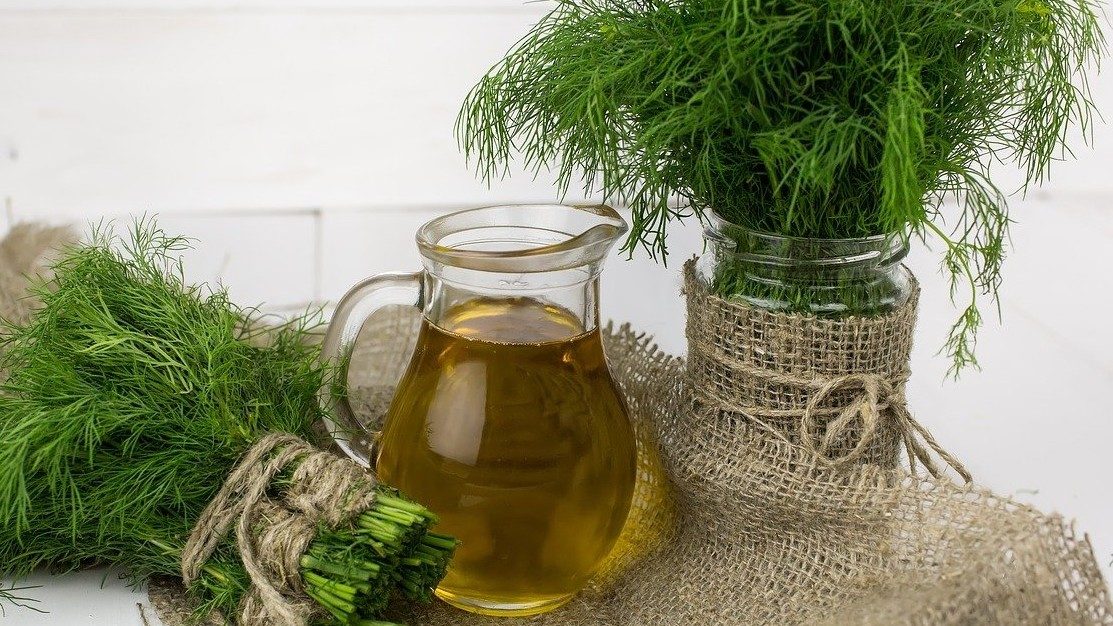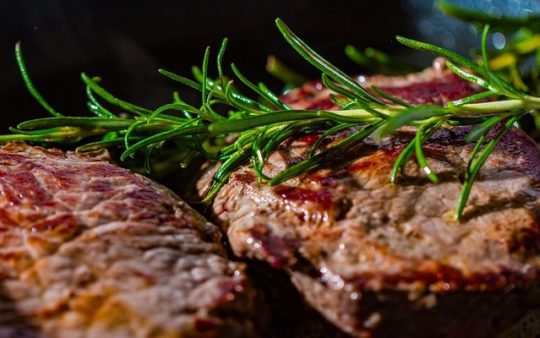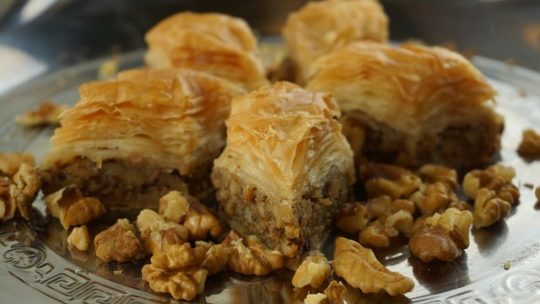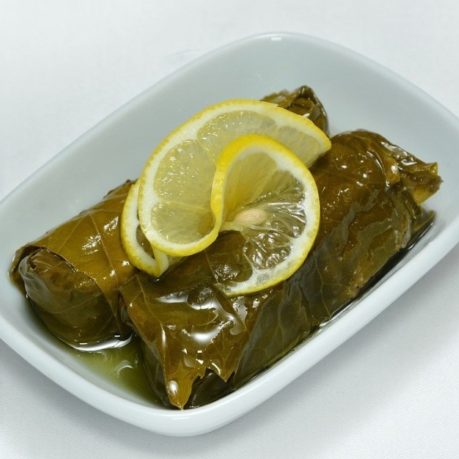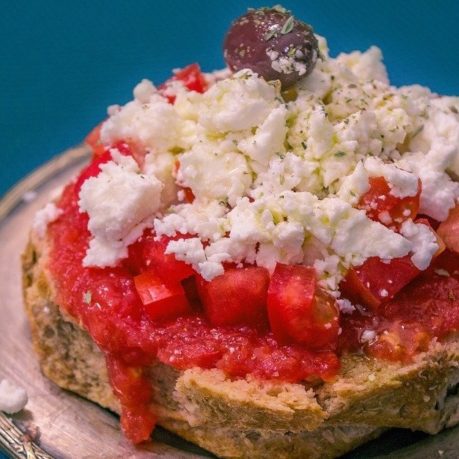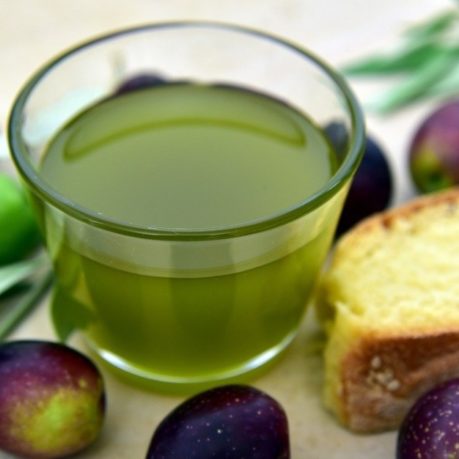Finishing, sautéing, baking, frying, BBQ and desserts, perfect for everything!
Extra virgin olive oil has such a full and fresh taste! Sitia Lasithiou Kritis P.D.O., produced in Zakros, has an extremely delicate aroma. Medium fruity, mildly spicy and bitter, it is ideal when added raw, as a seasoning in a salad or finishing on a plate. It even makes an excellent and delicious snack on a plain slice of bread, with a pinch of salt. Pour olive oil over freshly cooked pasta, boiled potatoes, vegetables or rice, while they are still hot, to see their taste take off! But what about cooking, how does extra virgin olive oil react in frying and sautéing, baking, BBQ, and desserts?
Boiling food, cooking at low temperatures, slightly sautéing and baking in the oven are healthier cooking options, generally speaking. Olive oil can, in all these cases, perfectly complement your cooking, as the healthiest vegetable fat, rich in monounsaturated fats such as oleic acid.
Fact: According to the provisions of Regulation (EU) no 432/2012, the replacement, in one’s diet, of saturated with unsaturated fats (such as monounsaturated and polyunsaturated fats) helps maintain normal blood cholesterol levels.
TIP: A secret regarding the use of olive oil in cooking, is to think about the aromas that life developing around the olive tree has gifted it with. Thyme, oregano, sage, mastic, rock-rose, myrtle, locust beans (carob), mint, peppermint, marjoram, basil and fruit such as grapes, apples, pears, oranges, lemons and citrus fruits, are just a few of the species growing all around and within the olive groves of Zakros, either naturally or under human care. They pass their aromas on to the olive oil and guide us, in terms of which raw materials our olive oil will perfectly highlight! For example, citrus fruit and olive oil cake has a strikingly balanced taste.
Interesting fact: The rich flora of the area of Zakros, which is a Natura 2000 protected area and part of the UNESCO Sitia Global Geopark, contributes to the symbiotic relationship of olive trees with many aromatic and medicinal plants that discreetly pass their aromas on to olive oil.
